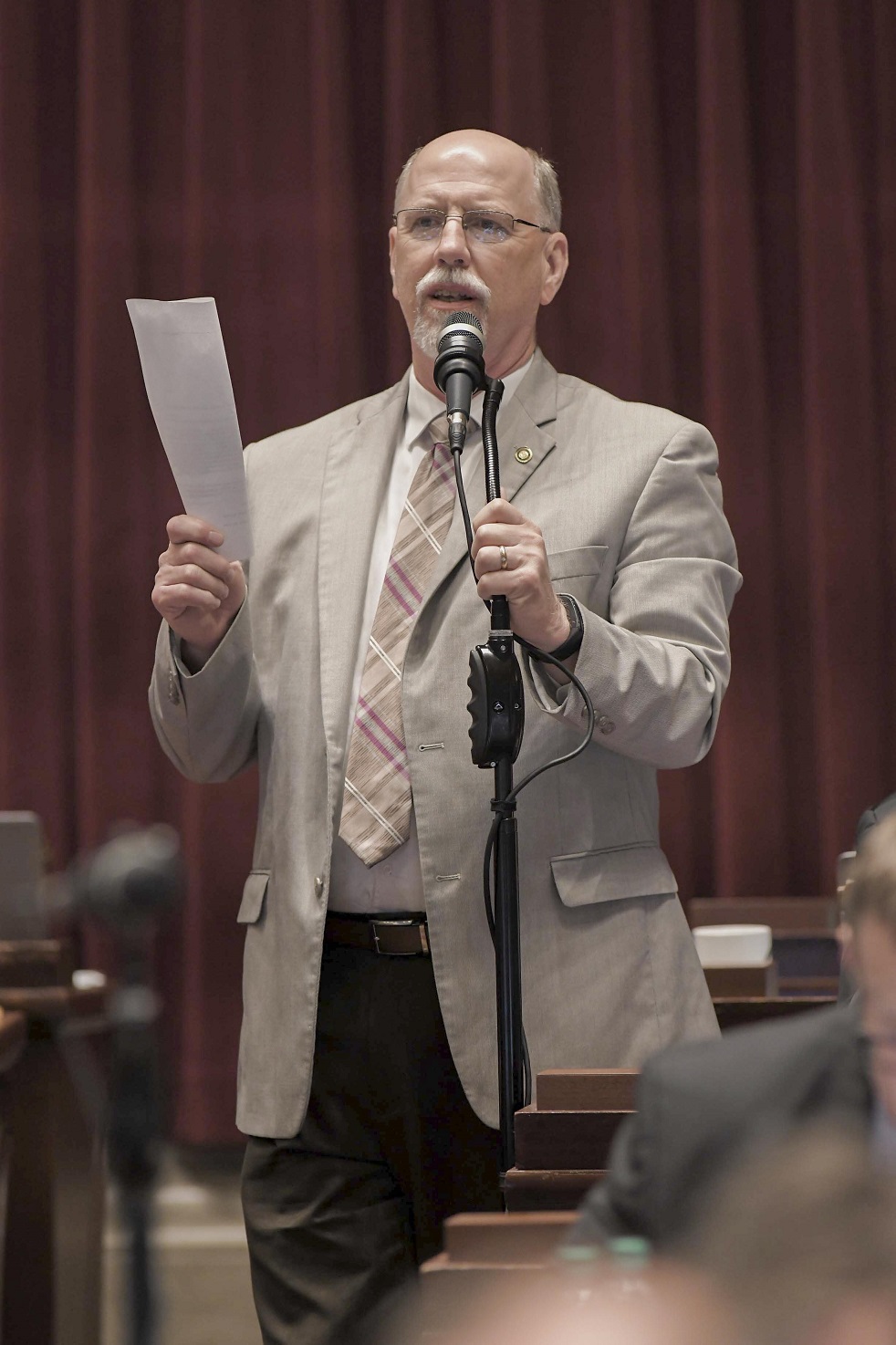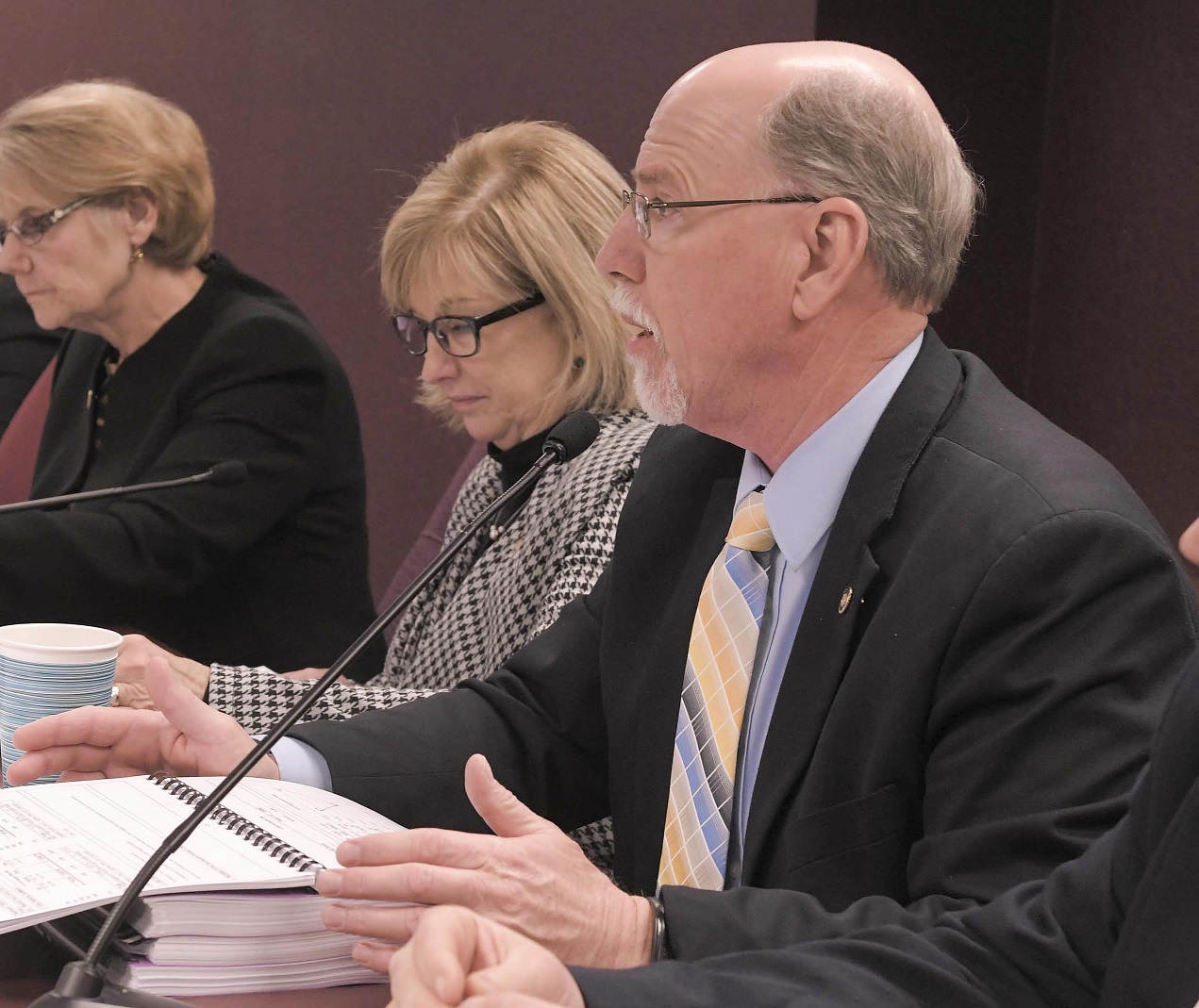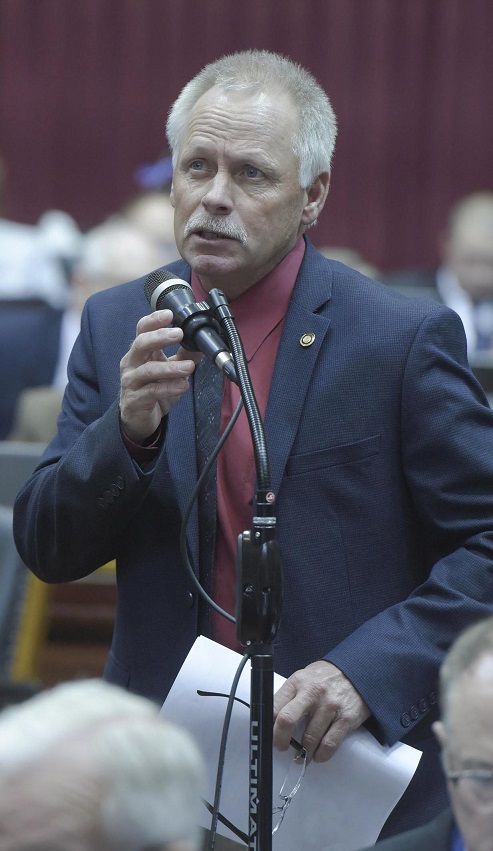The House has given initial approval to a plan to lessen the increases Missourians will see in their property taxes due to rising vehicle values.

Representative Brad Hudson (R-Cape Fair) is a former county assessor. He explained to his colleagues that the values of vehicles in the National Auto Dealers Association price guide have increased significantly. This guide is what assessors must, by statute, use to assess the values of Missourians’ cars.
“If those assessed values increase then our constituents could see their personal property taxes increase on vehicles that are a year older and have more miles on them,” Hudson told the House. “I want to give assessors the ability in statute to take care of this.”
The State Tax Commission testified in favor of the bill when it was in a House committee. Its legislative liaison, former state representative David Wood, explained that statute requires assessors to base vehicle values on NADA prices from each October. He’s seen reports that vehicle sales prices year-to-year have increased as much as 40-percent.
He explained that assessors use average trade-in values and not sales values, but those will still cause significant increases for taxpayers. Wood told his former colleagues that even a 10-percent increase in used car values would equal an increase of about $100-million in collected taxes statewide. A 15-percent increase would equal an increase of about $165-million.
House Bill 2694 would allow assessors to, instead of being restricted to using October’s NADA values, use the trade-in value for a given vehicle from that edition or either of the last two years’ October NADA guides.
“Any assessor that is worth his or her salt, in my opinion, is going to do the very best that they can to meet the guidelines they’re required to meet and help the taxpayer,” said Hudson. “I was an assessor for nine years and there’s no way that I would want to have to sit across the desk from one of my constituents and explain to them why that vehicle that is a year older with more miles on it is worth more now and I’m going to hit you with a higher assessment and that means that more than likely your taxes are going to be higher come November.”
The bill has received broad support during its journey through the legislative process so far. Warrensburg Republican Dan Houx told fellow lawmakers, “This is probably the best thing we can do in this building this year. This affects everyone in our districts back home.”
HB 2694 would allow assessors to make similar determinations of the assessed value of recreational vehicles and agricultural equipment using values from the past two years, as those vehicles have seen similar increases in value.
The House has perfected the bill. Another favorable vote would send it to the Senate.










